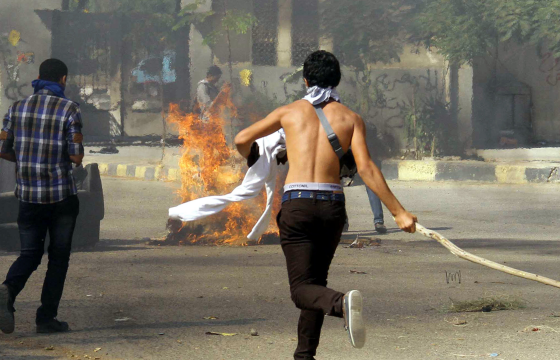As a leading Muslim scholar explains, Al-Azhar faces its own challenges and responsibilities
The Islamic world does not have the equivalent of a Church or a hierarchy, but instead we find traditional centres of learning and study where religious and cultural leadership is cultivated.
Examples include Al-Zaytuna in Tunis, al-Qarawiyyin in Fez and the madrasas in south and southeast Asia, as well as Al-Azhar in Cairo, for the Sunni world, while Shi’ites have their traditional centres, such as Najaf in Iraq and Qom in Iran.
The relationship between the state and these institutions has always been problematic; a struggle for domination on one hand, and a struggle for autonomy and independence on the other. The space to reflect and speak openly is vital at the political level, but above all it is essential for critical scholarly thinking and the genuine development of the tradition, free of outside interference. To maintain financial autonomy, classical thinking invented the awqaf system, which allowed people to contribute to the funding of these institutions through gifts in kind or by making land or property available.




